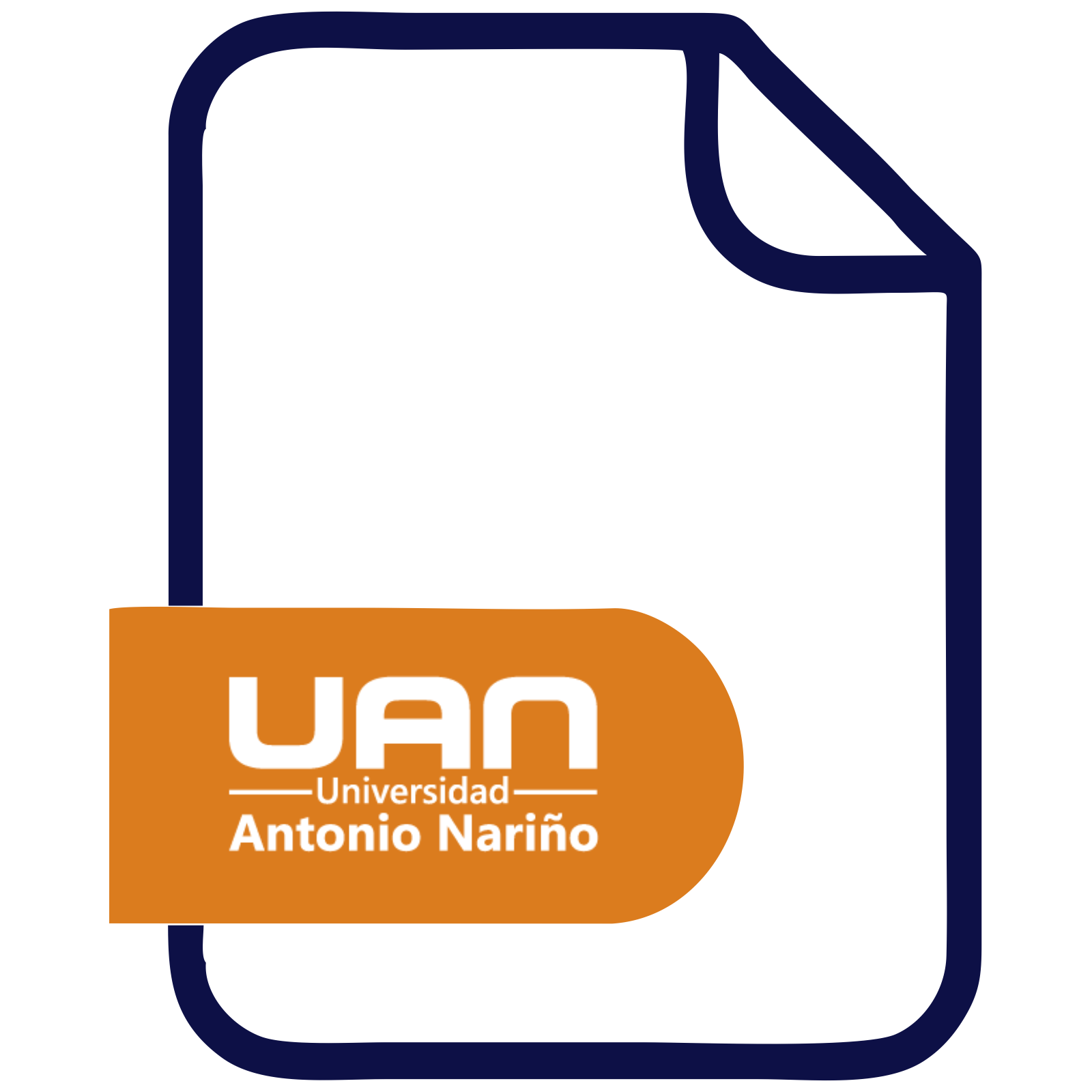Por favor, use este identificador para citar o enlazar este ítem:
http://repositorio.uan.edu.co/handle/123456789/8616> Repositorio UAN
Repositorio UANComunidades y ColeccionesTitulosMateriasAutoresFecha de publicacion
Mi CuentaAccederRegistro
Mi CuentaAccederRegistro
| Título : | Implementación De Un Robot Movil Prototipo Para Descarga De Semilla En Hileras De Terreno Preparado Para Cultivo |
| metadata.dc.creator: | Apache Caro, William Alfonso Chávez Benítez, Diego Andrés |
| metadata.dc.contributor.advisor: | Villarraga, Alberto |
| Palabras clave : | IMU;Robot Móvil;Sistema Electromecánico |
| Resumen : | This document presents a degree work, in the electronic engineering program of the Villavicencio branch of the Antonio Nariño University, in which an autonomous prototype mobile robot is developed that can unload seeds in rows of land prepared for cultivation. The robot has a caterpillar type locomotion system which makes it more stable and with better maneuverability on uneven terrain, in addition to having a LIDAR sensor, which is used to collect information from the environment and implement a reactive autonomous navigation system, allowing a better precision of the robot's movement taking as a reference point an obstacle on one side of the robot, it also has an IMU (Inertial Measurement Unit), which is used to maintain a fixed direction throughout the process of unloading seeds. The IMU is able to detect any changes in the robot's orientation, and sends signals to the control system to correct any deviations, thus allowing the robot's electromechanical system, which is responsible for storing and releasing the seeds into the field at regular intervals, to do so more efficiently. To carry out all the autonomous operation of the robot, a Raspberry Pi 4 is used as a central controller, being this our main component for the development of the project presented in this report. Keywords: (IMU, Mobile Robot, Electromechanical System, Controller) |
| metadata.dc.description.tableofcontents: | Este documento presenta un trabajo de grado, en el programa de ingeniería electrónica de la sede Villavicencio, de la Universidad Antonio Nariño, en el cual se desarrolla un robot móvil prototipo autónomo que pueda descargar semillas en hileras de terreno preparado para el cultivo. El robot cuenta con un sistema de locomoción tipo oruga lo que lo hace más estable y con mejor maniobrabilidad en terrenos irregulares, además de contar con un sensor LIDAR, que se utiliza para recolectar información del entorno e implementar un sistema de navegación autónoma reactiva, permitiendo una mejor precisión del movimiento del robot tomando como punto de referencia un obstáculo a un costado del robot, también cuenta con una IMU (Unidad de Medición Inercial), que se utiliza para mantener una dirección fija durante todo el proceso de la descarga de semillas. La IMU es capaz de detectar cualquier cambio en la orientación del robot, y envía señales al sistema de control para corregir cualquier desviación, permitiendo así que el sistema electromecánico del robot, responsable de almacenar y liberar las semillas en el terreno de cultivo a intervalos regulares, lo haga de una manera más eficiente. Para llevar a cabo todo el funcionamiento autónomo del robot se utiliza como controlador central una Raspberry Pi 4, siendo esta nuestro componente principal para el desarrollo del proyecto presentado en este informe. Palabras Claves: (IMU, Robot Móvil, Sistema Electromecánico, Controlador) |
| URI : | http://repositorio.uan.edu.co/handle/123456789/8616 |
| Editorial : | Universidad Antonio Nariño |
| metadata.dc.publisher.campus: | Villavicencio |
| metadata.dc.publisher.faculty: | Facultad de Ingeniería Industrial |
| metadata.dc.date.created: | 2023-06-01 |
| Aparece en las colecciones: | Ingeniería electrónica |
Ficheros en este ítem:
| Fichero | Tamaño | |
|---|---|---|
| 2023_Diego AndrésChavez | 3.7 MB | Visualizar/Abrir |
| 2023_Diego AndrésChavez_Autorización Restricted Access | 2.16 MB | Visualizar/Abrir Request a copy |
| 2023_Diego AndrésChavez_Acta Restricted Access | 350.74 kB | Visualizar/Abrir Request a copy |
Los ítems de DSpace están protegidos por copyright, con todos los derechos reservados, a menos que se indique lo contrario.



